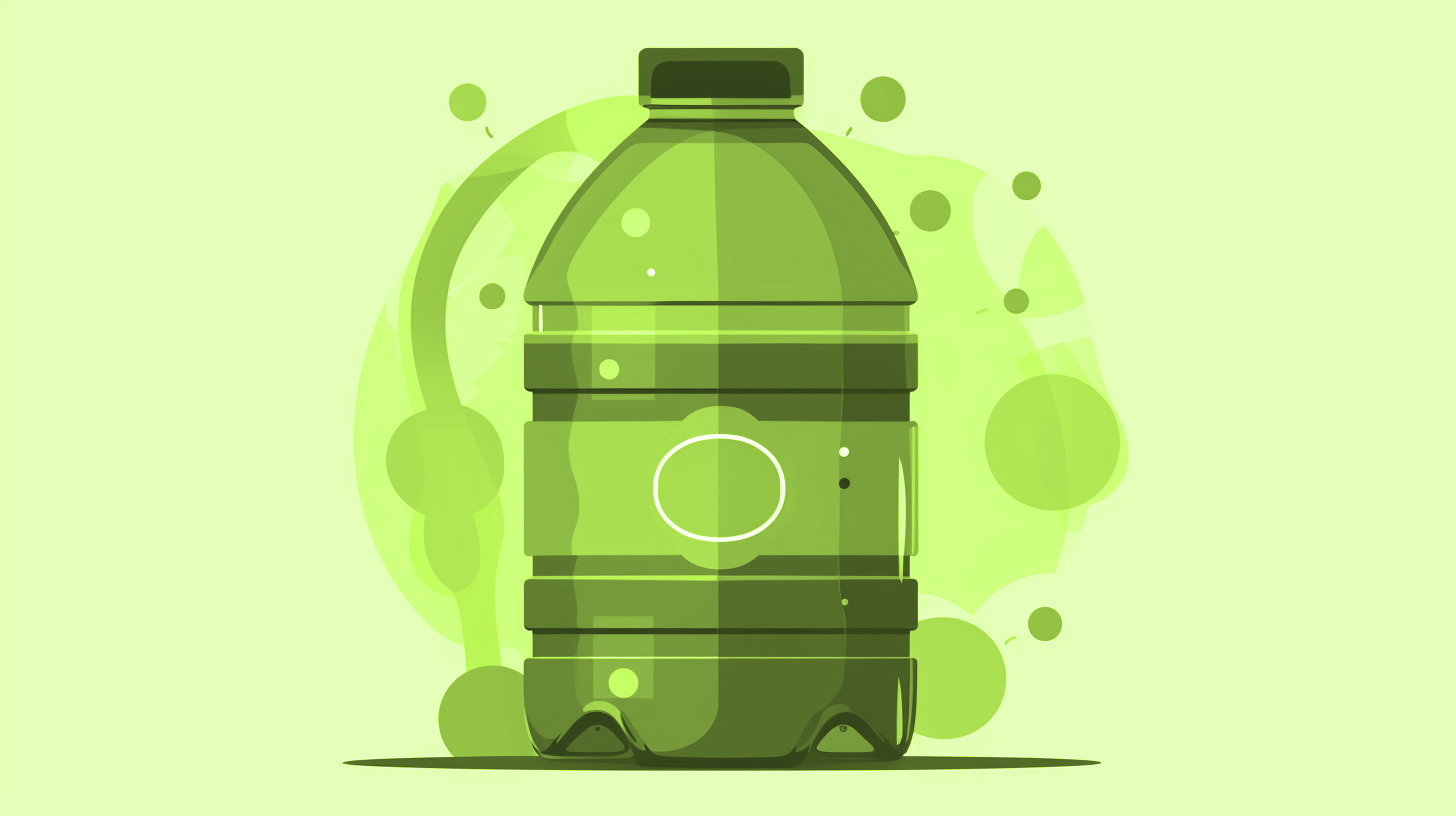Using distilled water for your PAP therapy may appear to be a minor detail at first glance.
But it’s a pivotal factor in the effectiveness of your treatment and how long your machine might last—a critical distinction in both health and financial concerns.
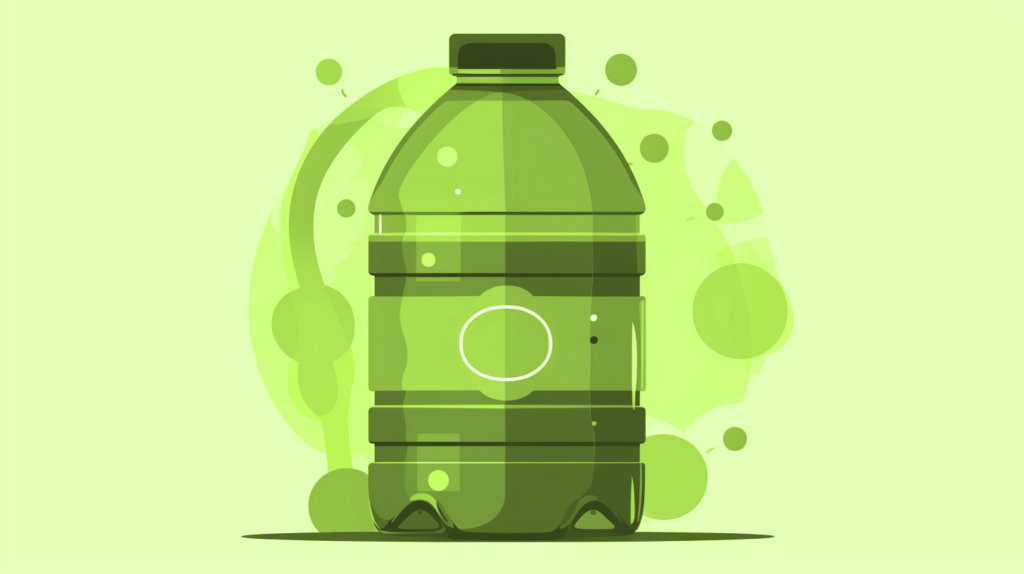
In this guide, we’ll explore why distilled water is essential and worth the extra effort and cost to hunt down for use in your CPAP machine.
Understanding Why You Need Water for Comfortable PAP Therapy
Continuous Positive Airway Pressure (CPAP) machines provide a crucial solution for individuals managing sleep apnea.
These devices maintain open airways during sleep, reducing breathing interruptions by blowing pressurized air through a tube to a mask that attaches to your face at your mouth or nose.
This means fewer sleep interruptions, better oxygen levels in your blood, improved energy, reduced risk of cardiac events, and a range of other amazing benefits.
This constant flow of pressurized air while you sleep can also come with some unwanted side effects.
Common issues include dry mouth, nosebleeds, morning headaches, or nasal congestion.
Fortunately, there’s an easy fix for this.
How a CPAP Humidifier Enhances Therapy
A humidifier is a valuable addition to any CPAP machine. Many top-rated CPAP machines come with a humidifier built-in these days.
As the name suggests, the humidifier introduces moisture to the air inhaled through the mask, typically through steam in heated humidifiers or evaporation in non-heated humidifiers.
This added humidity mitigates irritation, prevents drying of your nasal passages and throat, and can help avoid the build-up of mucus in some cases.
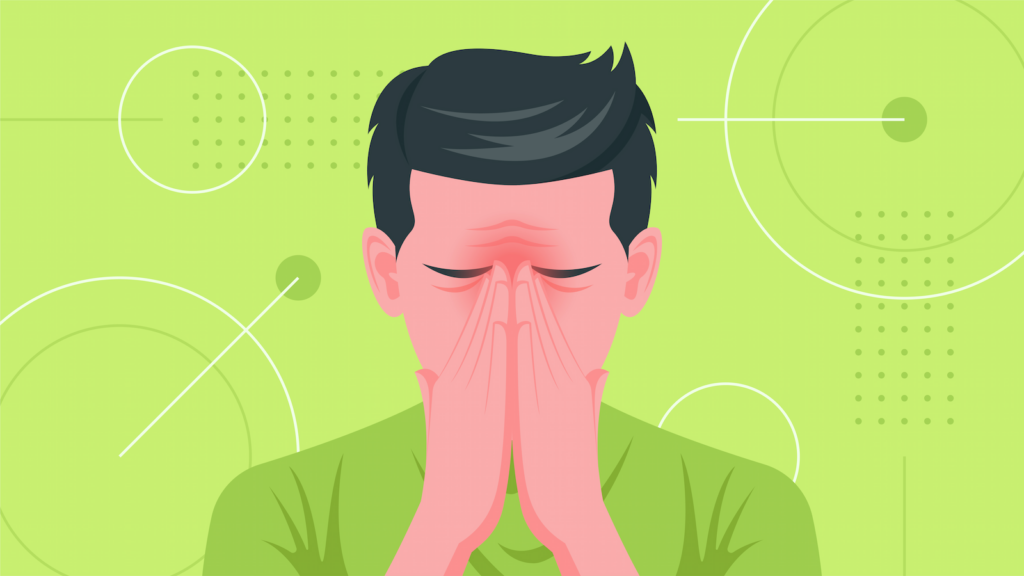
The humidity level on most devices is adjustable, allowing you to dial in the perfect setting to provide relief without moisture building up in the CPAP tubing and flowing back toward your face—a condition commonly referred to as rainout.
If your machine doesn’t include a humidifier, external or standalone humidifiers typically support a range of CPAP tube sizes and machine designs.
Why Distilled Water is the Optimal Choice for CPAP Machines
While a humidifier will always help improve the comfort of your PAP therapy routines, not all water options are created equal.
Your choice of water used in your CPAP machine is crucial for extending the device’s lifespan and enhancing the quality and safety of your sleep apnea therapy.
Distilled water stands out as the ideal choice due to its purity.
It undergoes a thorough purification process involving boiling into steam and then condensing back into liquid, resulting in water free from contaminants like bacteria, viruses, chemicals, and minerals.
This purity benefits the mechanical aspects of the humidifier and enhances the user experience by reducing respiratory irritations and health risks commonly associated with untreated water sources.
Risks Associated with Non-Distilled Water in CPAP Machines
Using tap water or bottled drinking water in CPAP humidifiers might seem convenient, but these options are suboptimal for long-term use.
This is because they contain trace minerals that can build up in the humidification chamber, affecting the machine’s performance and increasing malfunction risks.
Potential issues include:
- Reduced Efficiency: Mineral deposits can clog or restrict air and water flow within the machine, reducing its efficiency. This means the machine might not deliver the intended humidification or air pressure consistency needed for effective therapy.
- Increased Wear and Tear: Mineral deposits can increase friction and resistance in moving parts and surfaces, potentially causing premature wear or failure of components and costly repair and replacement bills.
- Operational Noise: Accumulation of minerals can also increase how noisy the machine is, potentially disrupting sleep or making it more challenging to use your machine while reading or watching television in bed.
In severe cases, airborne particles from this residue or contaminants in the water may enter the user’s airways, causing irritation, allergic reactions, or infections.
When it comes to ensuring the safety of yourself and your CPAP machine, distilled water will always be the best option you can consider.
What About Purified or Filtered Water for CPAP Use?
Understanding the differences in mineral content between various types of processed water is essential for CPAP users.
While purified or filtered water is likely better than tap water or drinking water from a contaminant standpoint, most purification processes—like reverse osmosis and carbon filtration—don’t eliminate minerals.
This is because they’re designed to take chlorine and other elements out of the water that people might taste or smell but leave behind those that most people find to keep the water from tasting stale or flat.
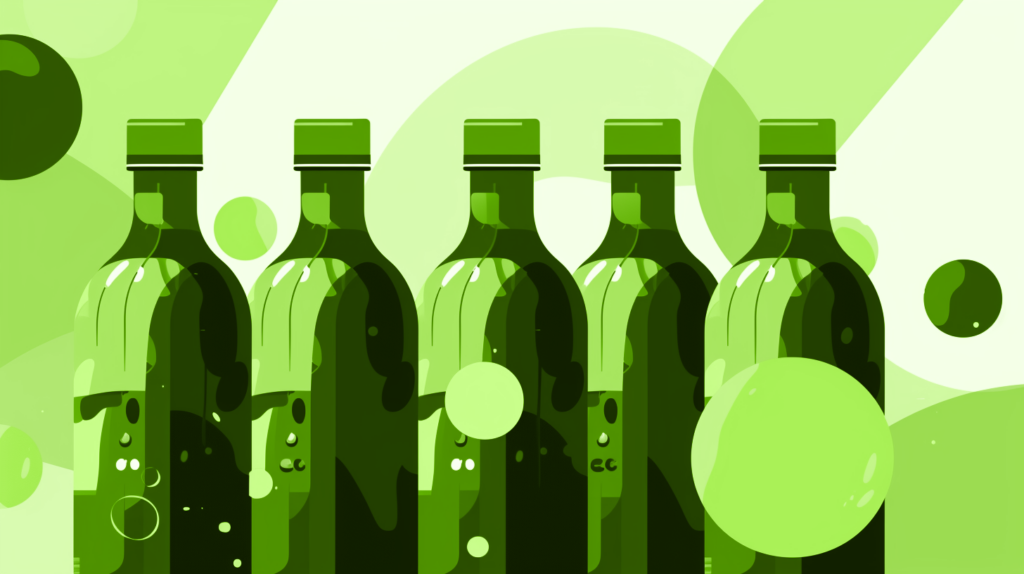
These elements are prime culprits for scaling and build-up within humidification reservoirs, airways, and CPAP tubing.
Distilled water, on the other hand, achieves near-total purity through evaporation and re-condensation, leaving behind virtually no trace elements.
This makes distilled water the ideal choice for CPAP therapy.
Where to Purchase Distilled Water for CPAP Machines
Fortunately, finding high-quality distilled water for CPAP therapy is easier than ever.
Traditional retail outlets and big box stores, such as Walmart, Loblaws, Sobeys, Metro, Safeway, and Save-On-Foods, typically stock distilled water in large quantities, allowing you to pick up a little if you’re travelling or a lot if you’d like to keep a stockpile at home for the winter months or other times when travelling might be less than ideal.
You can also check with many drugstore chains, such as Shopper Drug Mart, Jean Coutu Pharmacy, and Rexall Drug Stores, which will usually carry a smaller selection of options in limited quantities.
If you subscribe to a drinking water delivery service, you might find that they also offer distilled water delivery.

Ultimately, it’s up to you to decide where the balance between price, accessibility, and convenience lies.
However, due to the comprehensive nature of the distillation process, the quality of almost any reputable distilled water brand will be identical to that of the competition.
Can You Make Your Own Distilled Water at Home?
With easy access to distilled water these days, making it at home is far less common than in times past.
However, if you’re curious about the process, it is possible to do so with basic cooking items you likely already have in your kitchen.
We won’t break down the steps here, but you can follow this guide from Spruce Eats if you’re curious.
However, it’s important to know that this method might not remove volatile organic compounds (VOCs) from your water, which can pose health risks when inhaled.
As such, we can’t fully endorse this option for most users.
Also, this process takes time—and lots of it.
Making even a cup or two of distilled water can take hours without specialized equipment.
Commercially processed distilled water, however, adheres to strict quality control standards, ensuring the removal of harmful substances and consistent purity—and is available in near-endless quantities at your local store.
Frequently Asked Questions Regarding Using Distilled Water with Your CPAP Machine
Can I use any distilled water for my CPAP machine?
Yes, as long as it is pure distilled water without added minerals.
Is boiled water a suitable substitute for distilled water in CPAP machines?
No, boiling water does not remove all minerals, which can harm the device and cause discomfort.
How often should I change the distilled water in my CPAP humidifier?
It’s best to change the water in your CPAP humidifier daily.
Even if you don’t use all the water in the tank, emptying and refilling it with fresh distilled water daily helps prevent bacterial growth and ensures optimal humidifier function.
Is it safe to use tap water in an emergency when distilled water is not available?
While distilled water is ideal, temporarily using tap water of decent quality won’t immediately harm your CPAP machine, but it should be avoided if possible.
This doesn’t vouch for the personal safety of doing so, as water quality varies from source to source.
If you must use tap water, clean the humidifier chamber thoroughly afterwards to remove any mineral deposits.
Can I use softened water as an alternative to distilled water in my CPAP machine?
Softened water is not a suitable alternative to distilled water for CPAP machines.
While it has fewer minerals than hard tap water, it often contains high sodium levels, which can lead to deposits in the humidifier and potentially affect your health.
How does the use of non-distilled water impact the warranty of CPAP machines?
Using non-distilled water can void the warranty of some CPAP machines.
Manufacturers often specify the use of distilled water for optimal performance and longevity, and failure to adhere to these guidelines can lead to warranty issues if problems arise.
Conclusion
The key to successful sleep apnea management lies in the quality of the therapy and the equipment used.
Distilled water plays a vital role in maintaining the efficiency of CPAP machines, and choosing the right supplier for your CPAP needs is equally important.
CPAP Supply stands out as Canada’s leading online CPAP supply store, offering unmatched customer satisfaction, an extensive range of products, and unbeatable prices.
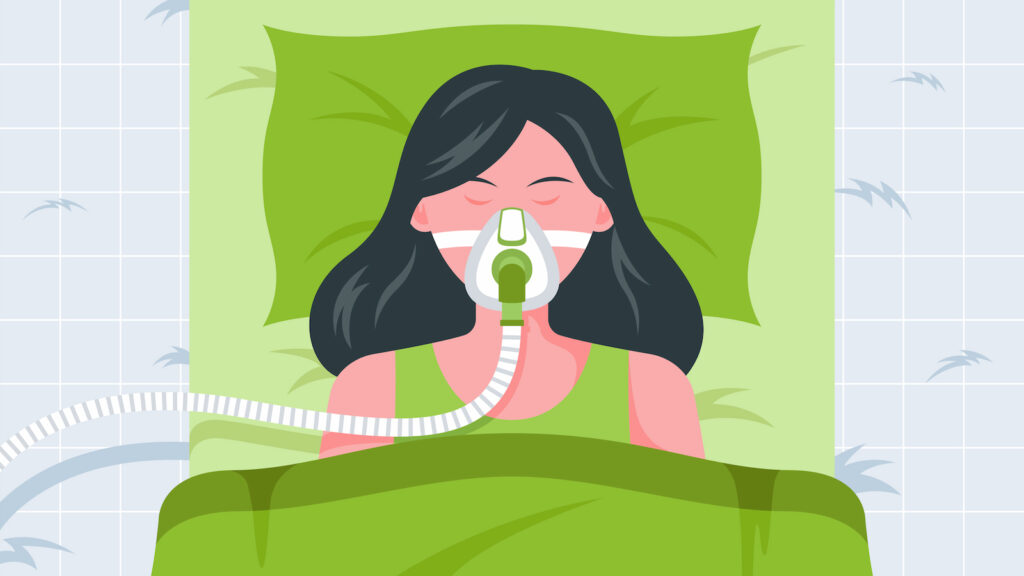
If you or someone you know is struggling with sleep apnea, turn to CPAP Supply for effective, affordable solutions.
With our top-of-the-line equipment and expert guidance, we can help enhance the quality of your life and ensure you receive the best possible treatment.
Take control of your health today and experience the difference with CPAP Supply.
References:
- Sleep Foundation: Should You Use Distilled Water for a CPAP Machine?
- Very Well Health: Why You Should Use Distilled Water In Your CPAP
- Sleepapnea.org: Should You Use Distilled Water for a CPAP Machine?
- Careica Health: Can I use non-distilled water in my CPAP humidifier?
- Distillata: What Type Of Water To Use For CPAP Machine
- Healthline: Sleep Apnea: Tap Water Can Be Dangerous to Use in CPAP Machines
- Sleep Doctor: Should you use distilled water for a CPAP machine?
- Snugell: Why Is It Important To Use Distilled Water In Your CPAP Machines
- Intus Healthcare: Should you use distilled water in your CPAP humidifier?
- Sleeplay: CPAP Water: Tap Water vs. Distilled Water [Which One To Choose?]

